
Consequences Straight Ahead
Everything we do - and not do - results in some consequence. We can do a mitzvah and receive blessings. Conversely, we can sleep late rather than pray in a minyan and earn some tribulation. Our actions and inactions all bring some consequence into our lives. What a blessing!

A Non-Event is Still an Event
In programming, there is something called “event handling”.
Hovering over a button with your mouse is an event.
- Clicking on the mouse is an event.
- Entering information inside a contact form is an event.
- Buying the chicken wing hairpin using PayPal is an event.
Programmers write code to tell applications what to do when each event occurs. They also write code to tell applications what to do when events don’t happen. If a webpage appears on screen and thirty seconds pass without an event done by the user, you can tell the page to do something. If you send someone an email and they don’t reply after a day, you can tell the app to ping a text alert. Applications react to events where someone does something and to nonevents where someone doesn’t do anything.
This also applies to the greatest application in existence: Your life.
A non-action is an event. It is a choice. It is something Hashem will react to. We commit both mitzvot and sins through non-action. If we continue sleeping instead of waking up 30 minutes before morning prayers, our non-action is a decision to refrain from praying. The nonevent creates the event.
If we keep our mouths quiet when someone relays good news about someone we don’t like, we are guarding our tongue against speaking loshon hara. The nonevent creates several events because the mitzvah of guarding your tongue includes several dozen mitzvot.
Engaging the Fallacy
The Gemara teaches that there is no tribulation without transgression.
When something bad happens to us, our default introspection should be to ask ourselves, what did I do that resulted in Hashem sending me this tribulation?
But what if it has nothing to do with our actions, and everything to do with our inaction? What if we merely walked from our home to the local store to buy a carton of milk? There isn’t much to think about until we realize someone was asking for money, and we ignored him.
A non-event.
What if we woke up on time, helped get the kids ready for school, then arrived at Beit Knesset on time for morning prayers. . . Yet learned only half the amount of time we commit to learning Torah.
A non-event, or in our case, a semi-event.
Enduring a tribulation becomes a gift. It is a blessing of compassion from G-d. Even though our sin is by a non-event, or neglecting to act, His reaction is real. He blesses us with an event to help us correct our chronic non-events.
As long as life is bearable, we see little reason to change. When Hashem sends us a tribulation, He manufactures enough pain to get us to make changes.
What a kindness! For every event we do in this world, we merit a reward in the Next World beyond any desire we can have in our current physical state.
Hashem answers our non-event with an event to get us into the Next World. To encourage us to merit coming back from the dead to live a long life in the ideal world we all dream of.
The Barometer
Hockey legend Wayne Gretzky said, “You miss 100% of the shots you don’t take.”
The best way to avoid tribulations is to correct yourself before Hashem decides you need the tribulation.
How do we know when we our soul is burdened with too many nonevents?
The soul Hashem gives us has three major alarms:
- Regret
- Jealousy
- Resentment
Ever notice that there are some political leaders, sports stars, or celebrities that we especially hate? Out of all the people in this world with more money, power, and A-list contacts, we hate this one, yet are not bothered by the other thousand people we know who enjoy the same status.
It also applies to our friends, colleagues at work, neighbors, and even our enemies. Deep inside, there are some people among each group that we hate more than the others.
Why?
We see them succeeding by doing things we know we can do. They are benefiting from the events they do that we wish we did or did better.
It might even be a complete lie! Celebrity A is popular for his wholesome look. He is famous for the personality traits he is known for. We wish we had those character traits in real life even as the private life his PR people desperately hide from public view is the exact opposite of what he represents.
It is still irrelevant to us.
What is real is how we feel about such a person and why. The jealousy can be your neshama screaming at the top of her lungs to start emulating those qualities you see in them.
Hashem commands us in the Tenth Commandment not to desire what other people have. However, we can be jealous of what other people are. If someone doesn’t speak loshon hara, we can be jealous of them to encourage ourselves to not talk loshon hara.
Jealousy is the neshama’s alarm that answers the nonevent. It sparks real events that lead to real mitzvot.
When we pay attention to these alarms, we can correct ourselves and thereby avoid tribulations. What a blessing!


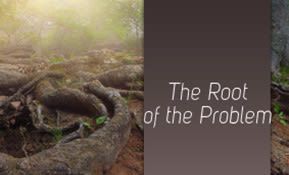

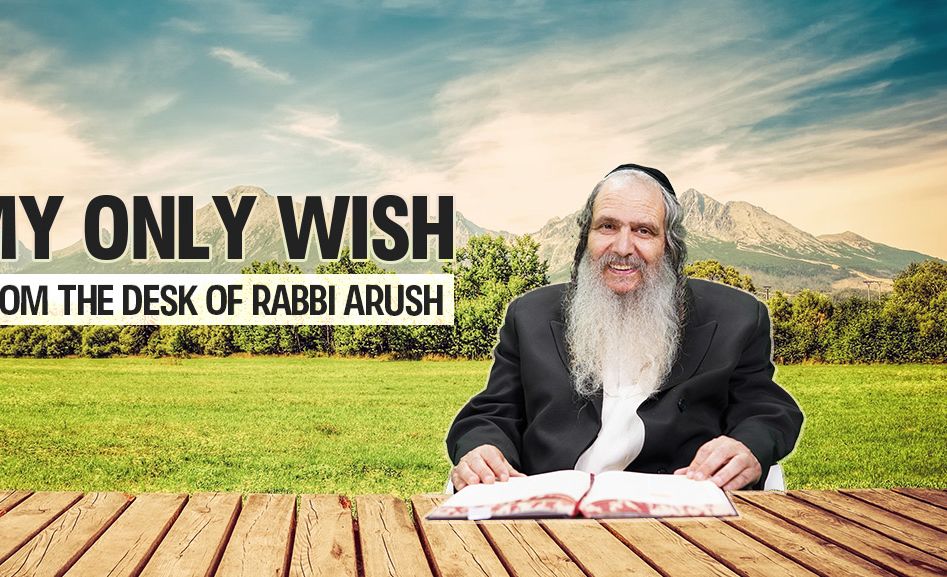


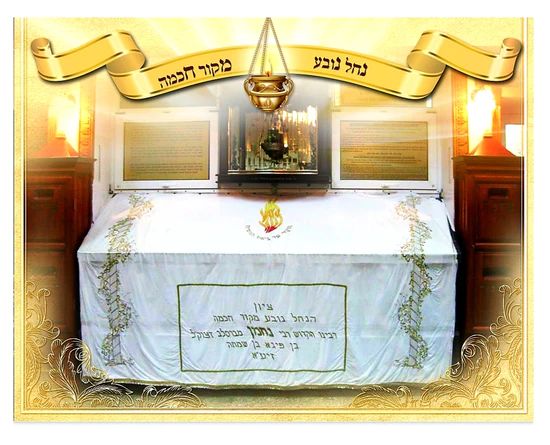
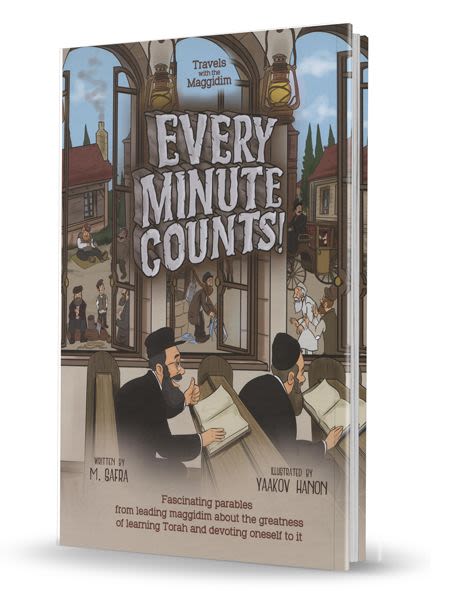

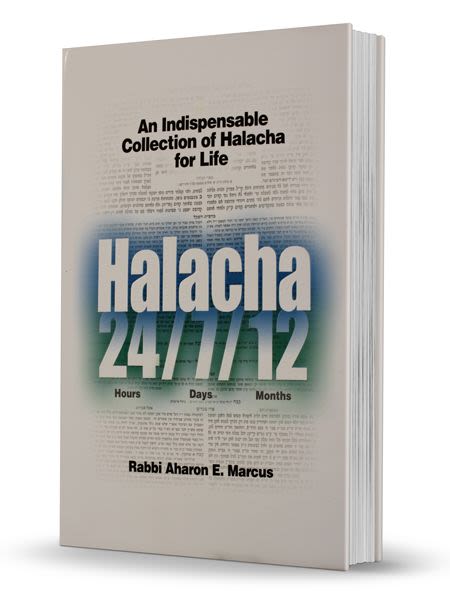
3/31/2022
Brilliant chiddush!